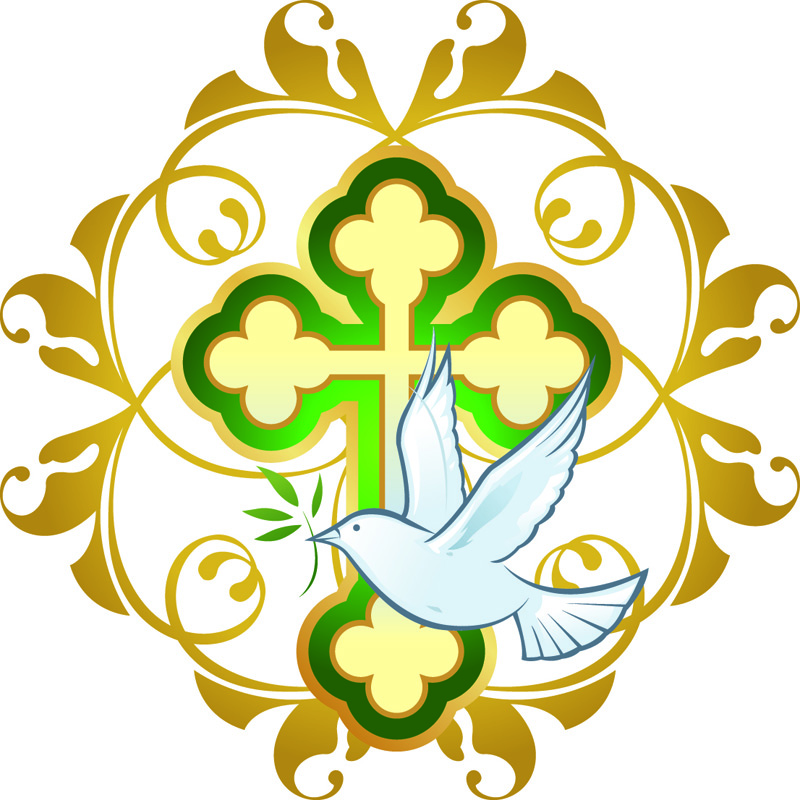While Saint Patrick’s Day was a bit of a wash this year, landing as it did right in the thick of the early days of this pandemic, I found myself on a rabbit trail through the history of Celtic Christianity and the beauty of their experience. Celtic Christianity emerged on the Westernmost fringe of the Roman empire among a rustic people who had a special connection to the land, history, and community. In the fifth century, Saint Patrick was taken from his family by some Celts and was made a slave. After six years he was able to escape, but sensed that God was calling him to return as a pastor to those that had enslaved him. He did so, and by the end of his life the Celtic people of Ireland had widely adopted Christianity as their own, but with a surprising twist.
Celtic Christians expressed their faith in poetry, song, and story. In an era when most of Europe was descending into illiteracy, some Celtic people were expressing new language, prayer, and art. The world around them was dark and getting darker. Over the coming centuries the early medieval world would experience deadly plagues, crippling famine, poverty, loss of governing structures and schools, climate change, and war. It is in this time that the Celtic Christians began to create language that would help them, and generations to come, to find hope in the midst of the uncertainty.
Written in the 600’s, The Lorica of Laidcenn asks for God’s care and protection. It reads, “Help me…so that this year’s plague does not drag me off, nor the world’s vanity” and he goes on to list every part of his body, asking God to hold him together in a time of sickness. He ends, “and by the mercy of God be borne with joy to be made anew in his kingdom on high. Amen.”
While this ancient prayer is from a different time and place and might seem foreign, I am struck by the way that we, too, are prayerful, hopeful, and long for care and protection. The pandemic of 2020 has taken the wind out of our sails and has grounded us, sucking the life out of our best dreams and has left many of us in dark places, too. In these early Celtic Christian prayers we find a treasure trove of blessings that invite us to express our fear, our anxiety, and look forward with anticipation that days of joy will come. Their earthy language, which covers very real experiences like family, chores, and even bodily functions, were written to turn every aspect of life toward a God who loved this world and enters into our stories.
These Celtic people pray for more than themselves. One prayer, which begins with “May the land in which I am be without sorrow” captures the hope they have for those around them, too. We pray and hope that our city, Chestermere, will be without sorrow. We pray that this year’s plague will come under control, and we long for the days when we can be together again. We stand in the good company of those who have gone before us, and who give us the language and hope to get through this season together. What do you hope and ask for?




